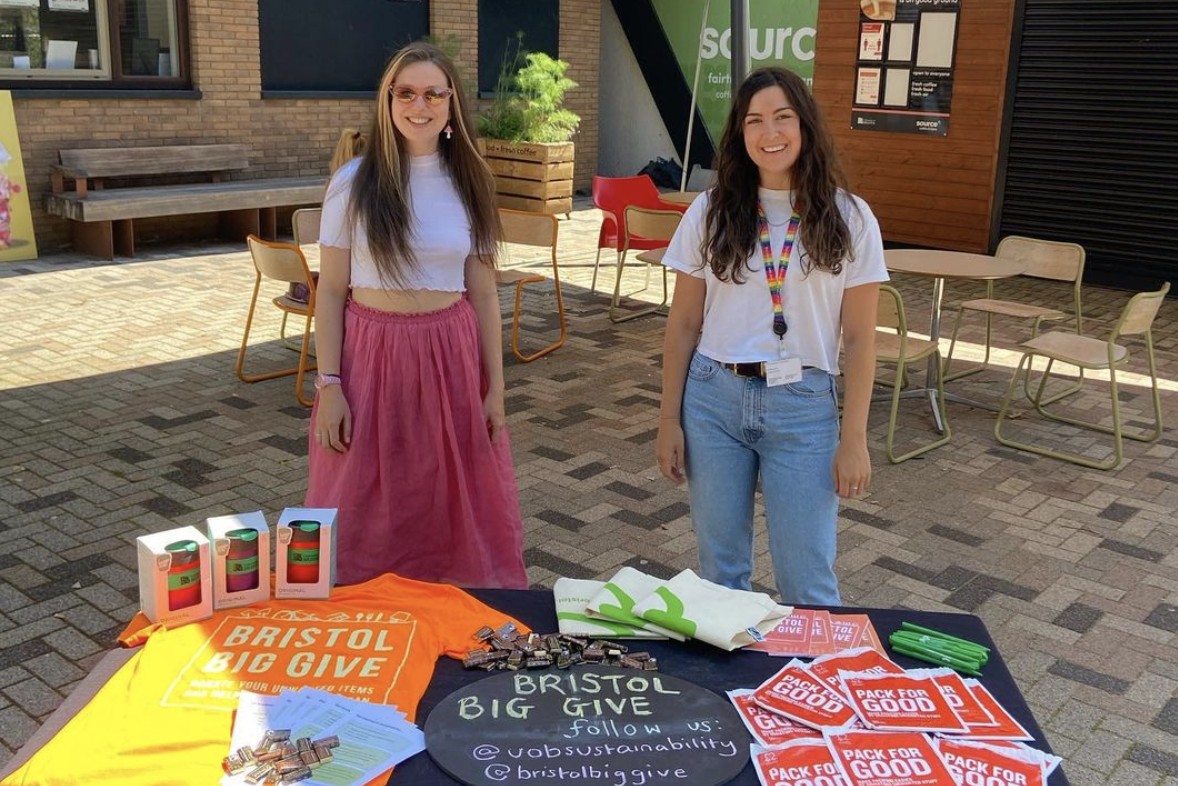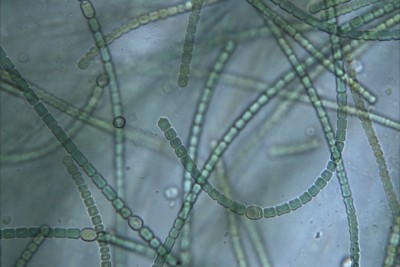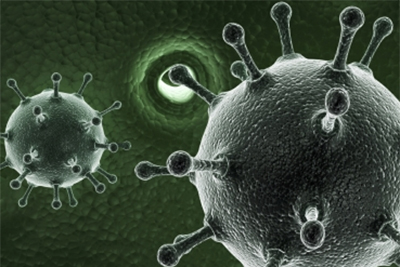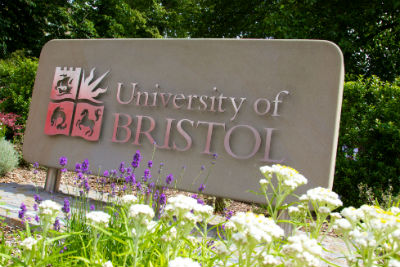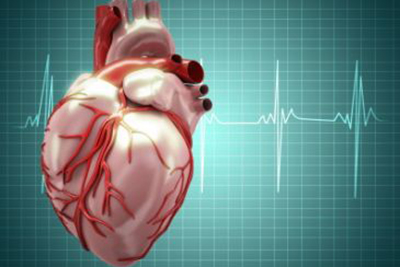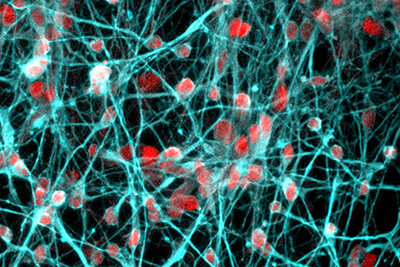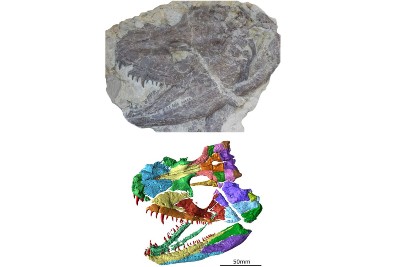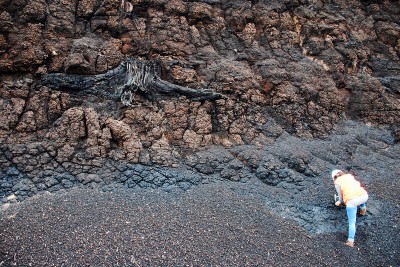News in August
- New option for how people with Covid-19 are cared for on NHS wards 30 August 2021 A new protocol for prone positioning — a technique commonly used to treat COVID-19 patients in respiratory distress by turning them on to their front to increase oxygen flow to the lungs, is published in the Journal of Frailty and Aging. Researchers from the University of Bristol in collaboration with clinicians at the Royal United Hospital in Bath, conducted a literature review of the manoeuvre to develop a standard protocol for the adjuvant treatment that can be used for COVID-19 patients at high risk of dying being treated in normal hospital wards.
- Exposure to air pollution linked with increased mental health service-use, new study finds 27 August 2021 Exposure to traffic-related air pollution is associated with increased mental health service-use among people recently diagnosed with psychotic and mood disorders such as schizophrenia and depression, a study on data from over 13,000 people has found.
- Emeritus Professor Sir John E. Enderby FRS, 1931-2021 27 August 2021 Emeritus Professor John Enderby, died on 3 August 2021. His colleagues Bob Evans and George Neilson offer this remembrance to a pioneer in liquid state physics who served as Head of Bristol Physics from 1981 to 1994.
- Plants evolved ability to actively control water-loss earlier than previously thought 26 August 2021 New research has shed light on when plants first evolved the ability to respond to changing humidity in the air around them, and was probably a feature of a common ancestor of both flowering plants and ferns.
- Bristol scientist beats competition to win national science image contest with heart vessel image 25 August 2021 A scientist from the University of Bristol has won the British Heart Foundation’s (BHF) annual ‘Reflections of Research’ image competition. Where science and art collide, the competition challenges BHF-funded scientists to showcase their state-of-the-art heart and circulatory disease research through the generation of captivating images.
- Bristol medic eyes gold after fulfilling sporting ambition to make Tokyo 2020 Paralympics 24 August 2021 A University of Bristol student who pledged to make the Tokyo Games after losing his leg in 2016 hopes to strike gold in the para-triathlon.
- Bristol report calls for action to tackle the digital divide as research during COVID-19 lockdown exposes digital inequality 23 August 2021 Digital inequality in the city could severely impact life chances, according to new research published today by the University of Bristol’s Bristol Digital Futures Institute (BDFI) and Knowle West Media Centre.
- Bristol to benefit from new ‘SafePod’ enabling scientists to access secure data on site 23 August 2021 Bristol is one of the first universities to benefit from a ‘SafePod’ as part of a new national network of ‘secure data access’ pods set to launch this week. The small, prefabricated pods will enable scientists to access data for research purposes on site avoiding the need for them to travel to the handful of existing safe setting locations.
- Hundreds of millions of Africans lack basic means of preventing SARS-CoV-2 transmission, finds global study 20 August 2021 Millions of people across the African continent are at risk of contracting COVID-19 because of a lack of the most basic public health tools to protect themselves - including the essentials of soap and water, finds a new University of Bristol-led study published in Epidemiology & Infection. The global research collaborative finds almost 900 million Africans live without on-site water, while 700 million people lack in-home soap/washing facilities.
- Understanding enzyme evolution paves the way for green chemistry 19 August 2021 Researchers at the University of Bristol have shown how laboratory evolution can give rise to highly efficient enzymes for new-to-nature reactions, opening the door for novel and more environmentally friendly ways to make drugs and other chemicals.
- Increased snowfall will offset sea level rise from melting Antarctic ice sheet, new study finds 19 August 2021 A new study predicts that any sea level rise in the world’s most southern continent will be countered by an increase in snowfall, associated with a warmer Polar atmosphere. Using modern methods to calculate projected changes to sea levels, researchers discovered that the two ice sheets of Greenland and Antarctica respond differently, reflecting their very distinct local climates.
- Teens who use cannabis frequently more likely to have premature baby, study suggests 19 August 2021 Teenagers who use cannabis frequently may be more likely to have children born preterm, when they become parents up to twenty years later, finds a new University of Bristol-led study. The research, published in Scientific Reports, repeatedly assessed 665 participants in a general population cohort on their tobacco and cannabis use between ages 14 to 29 years, before pregnancy.
- Students raise £1.5m with waste-busting campaign 18 August 2021 Students in Bristol have raised nearly £1.5 million through a nine-year charity campaign bent on reducing waste, it has been announced.
- Blue-green algae key to unlocking secrets of ancient past 17 August 2021 Oxygen-producing bacteria emerged a thousand millions years before the great oxygenation event approximately 2400 million years ago, scientists have found.
- New hypothesis proposed for how chlamydia might increase cancer and ectopic pregnancy risk 16 August 2021 A review of evidence by researchers at the University of Bristol and University of Edinburgh has suggested a possible new means by which chlamydia could lead to an increased risk of cancer and ectopic pregnancy. The hypothesis also provides a possible explanation for how pelvic inflammatory disease may be triggered in some women.
- Scientists reveal blueprint for getting hepatitis C treatment to people who inject drugs 11 August 2021 Scientists have revealed a new method of delivering hepatitis C testing and treatment to people who inject drugs which will help bring the world a step closer to eliminating the virus.
- University of Bristol admissions 2021 10 August 2021 Today, thousands of offer holders are finding out whether they have secured a place to join our university this autumn. Congratulations to everyone who has had their place confirmed at Bristol.
- New research lifts the lid on cardiac microvascular dysfunction 9 August 2021 New research has shown abnormalities in the tiny blood vessels of human hearts in regions well beyond the large arteries with atherosclerotic blockages that trigger the need for stents or bypass surgery. The findings could lead to the development of new treatments for patients with angina-like symptoms without blockages or those recovering from a heart attack or unexplained heart failure.
- University applauds ‘talent, passion and dedication’ of Olympic alumni 9 August 2021 The University of Bristol has applauded the “talent, passion and dedication” of the alumni who competed in this year’s Olympic games.
- UKRI funding will support Bristol’s efforts for more open research 6 August 2021 Today, UKRI announced their new open access policy, as part of a wider commitment to open research.
- Novel research identifies gene targets of stress hormones in the brain 6 August 2021 Chronic stress is a well-known cause for mental health disorders. New research has moved a step forward in understanding how glucocorticoid hormones ('stress hormones') act upon the brain and what their function is. The findings could lead to more effective strategies in the prevention and treatment of mental health disorders.
- The People’s Olympians: Inspirational couple raise £75,000 with epic charity challenge 6 August 2021 They have fallen off horses, been rescued from lakes and have run, cycled and swum hundreds of miles – but Stuart Bates and Charlotte Nichols refuse to give up.
- Early adulthood education and employment experiences play independent role in later life cardiovascular health 6 August 2021 New research has found that education and employment experiences in early adulthood contribute to cardiovascular health inequalities in later life, independent of occupation and family income in mid-adulthood. The findings, published today in the Journal of Epidemiology and Community Health, involve researchers from the University of Cambridge, University of Bristol and UCL Social Research Institute.
- Research powerhouses join forces to maximise global potential of 6G next generation mobile technology 4 August 2021 A pioneering centre is being launched to take mobile technology to the next level and put the UK at the global forefront of 6G research, innovation, and education.
- Giraffes are as socially complex as elephants, study finds 3 August 2021 Scientists at the University of Bristol have discovered evidence that giraffes are a highly socially complex species.
- Skull of 340 million year old animal digitally recreated revealing secrets of ancient amphibian 3 August 2021 Researchers from the University of Bristol and University College London have used cutting-edge techniques to digitally reconstruct the skull of one of the earliest limbed animals.
- From food bank to first: The inspirational student smashing stereotypes 3 August 2021 A student who grew up on food banks and free school meals has left the University of Bristol with a first – and she is just getting started.
- Decline in CO2 cooled earth’s climate over 30 million years ago, scientists find 2 August 2021 New research led by the University of Bristol demonstrates that a decline in the concentration of atmospheric CO2 played a major role in driving Earth’s climate from a warm greenhouse into a cold icehouse world around 34 million years ago. This transition could be partly reversed in the next centuries due to the anthropogenic rise in CO2.
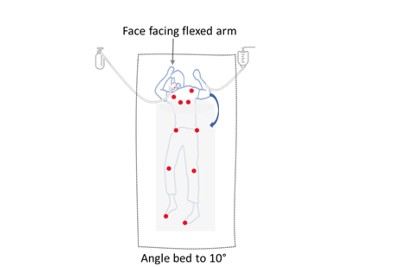


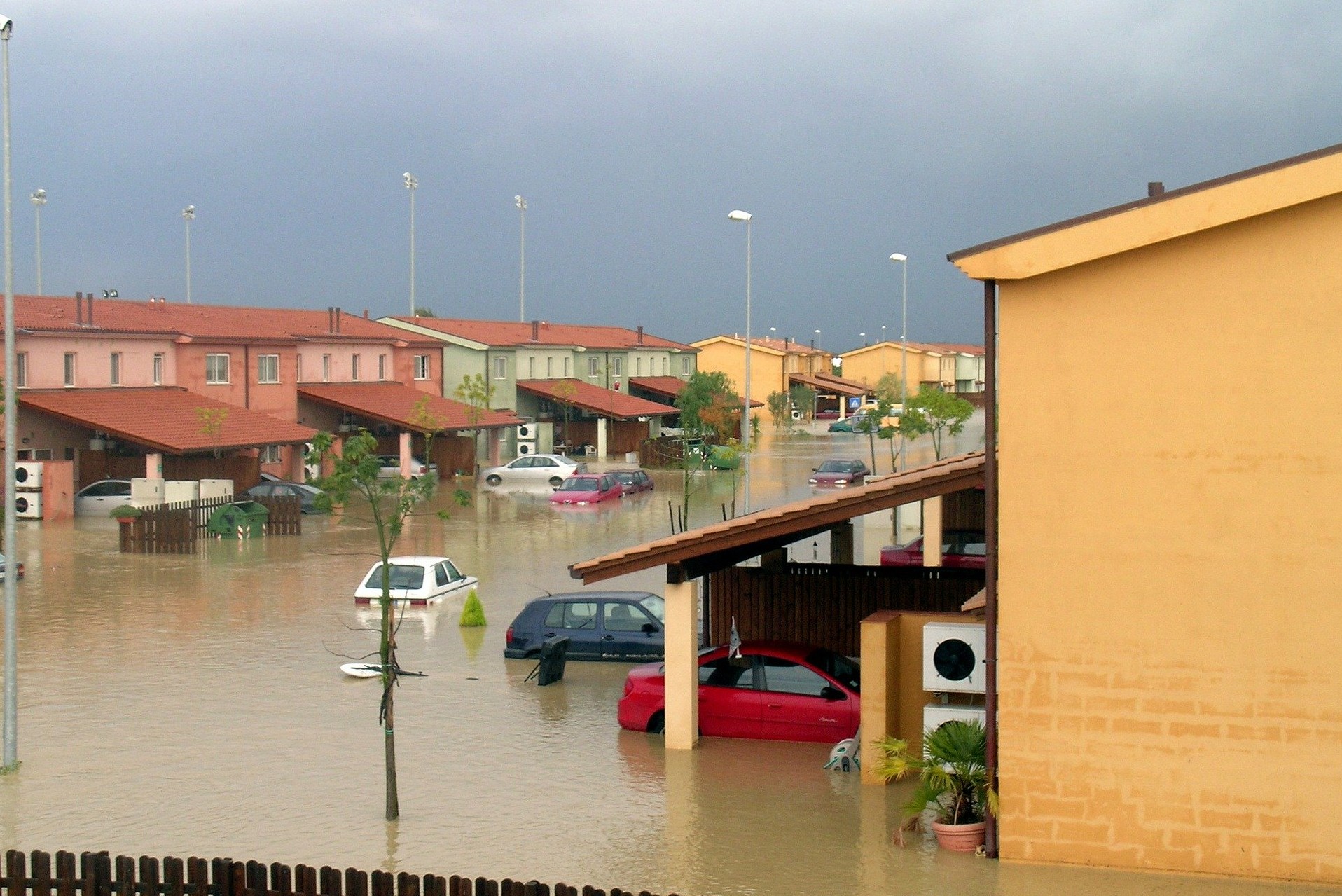
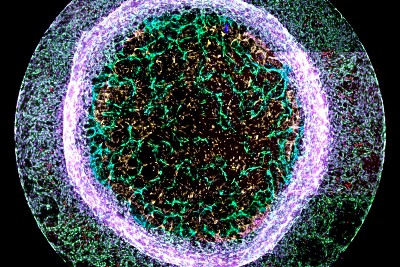



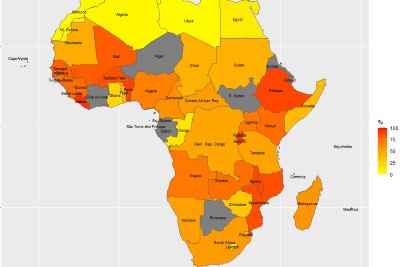
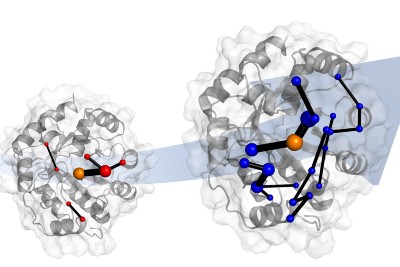

.jpg)
